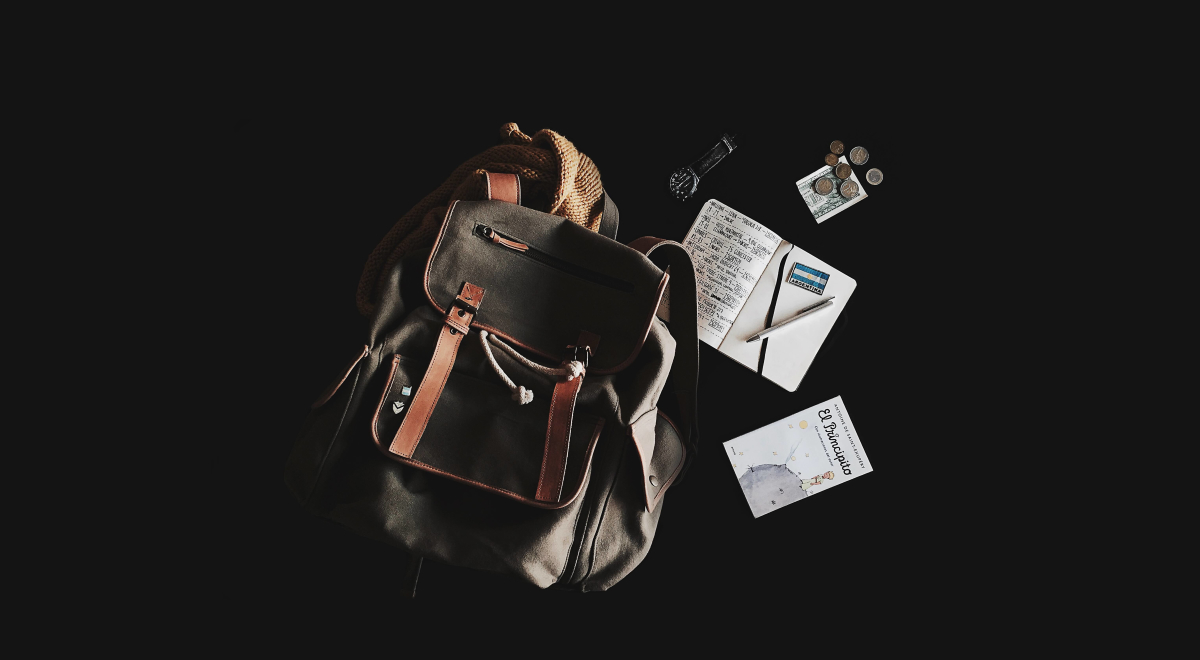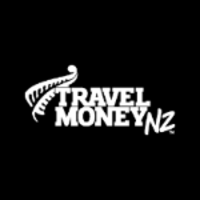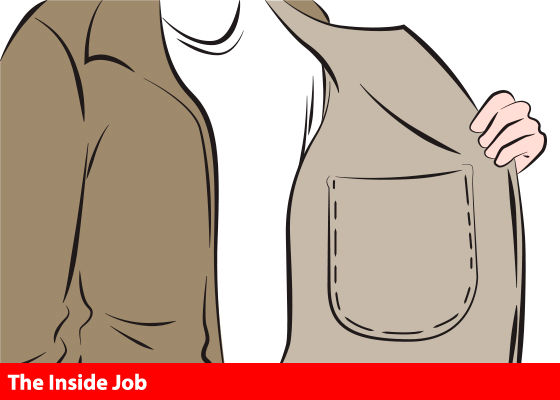
The last thing you want while overseas is for any of your valuables (including your foreign currency or travel money and credit and or debit card overseas and cards) to be taken from you. Not only is it a huge inconvenience on your trip, but can leave you feeling very vulnerable, unsafe and with a bad association against that destination or experience.
We want to avoid this and ensure you've got some of the basic tools needed to remain safe and ensure your foreign currency isn't the target for any foul play.
Our friends at Travel Money NZ have put together a list of some of the basic ways you can carry your currency while abroad because, the more discrete you are with your money, the safer you should be. These are the best way to take money overseas with Travel Money.
1. THE INSIDE JOB
Believe it or not, internal clothing pockets can provide a use other than just a storage spot for a tissue!! It’s often a sneaky and secure place to store basic valuables including cash, your debit cards, credit cards and your pre-paid travel money cards.
If your main jacket or coat doesn’t feature an inside pocket, you may be able to sew one on yourself, or safely pin a make-shift pocket keep your cash in. Logistically, the inside of your jacket is somewhere that people can’t easily reach, making it a secure place to store backup currency, but keep the rest in your wallet or bank account.
Although, we recommend keeping a small amount of foreign currency in your pocket, bag or wallet so you don’t need to reach into your internal pocket in public areas and show you have more money.
Whatever you do, remember you take your foreign currency or credit / debit card out of your jacket before you wash it, or leave it unattended at local bank or a restaurant etc!

2. DIVIDE AND CONQUER
This one may seem obvious….. but always avoid storing all of your travel money in one place if you can.
If you trust your hotel/resort/backpackers – you may have the option to leave a portion of your cash/valuables in a safe in your room, or locked in your suitcase while you do day trips. While you’re out and about, divide your money and credit and debit cards cards between your wallets, a hidden pouch or split with a travelling partner. This way, should anything happen while you’re out for the day, you should have money left elsewhere to rely on. Don't forget to also keep a lot of it in your bank account as you can withdraw how much cash you need using your debit card to spend money abroad(if the exchange rates are good at other money exchange companies in destination).
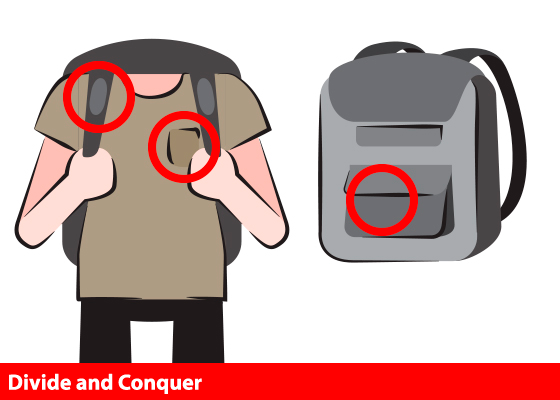
3. HIDDEN FIGURES
Hidden money bags are a great way of hiding your money on body on an overseas trip as most tend to be flat, so you can strap them underneath your clothing with ease leaving it out of sight, out of mind! You can wear your money belt in many different ways e.g across your chest, around your waist, or even, around your neck. Money bags aren’t just for money; it’s a great place to store your passport and any important travel documentation as well as any debit card or credit card.
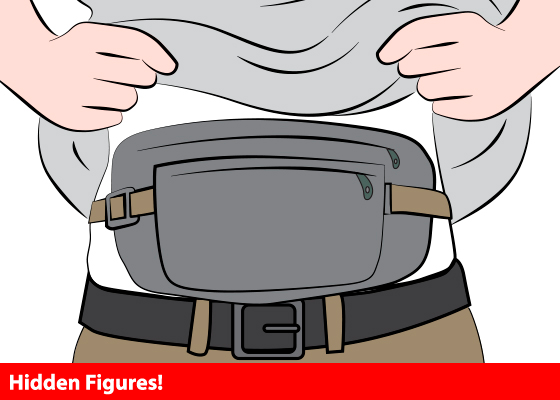
4. PLAY DUMB
The dummy wallet. This is Travel Money NZ’s top tip: This is genius and something to consider if you’re visiting a destination where mugging to crime is common and want to protect your money overseas. The concept it easy, should anyone approach you for your valuables, you can quickly throw them your dummy wallet and have them think that’s all you have. Purchase a wallet that looks very real, pop in a few dollars, expired cards such as a gym membership card or an old public transport card – things that aren’t of significant importance, or that share private information about your identity and ta-da, you have yourself a dummy wallet.
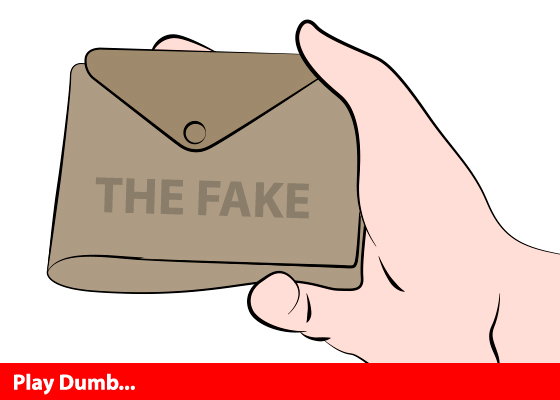
5. THE ORIGINAL TOURIST
Fanny pack, external money belt, bum bag – whatever you’d like to call it, this old school cash carrying invention is coming BACK in fashion, especially for festival goers. Essentially this piece is just like a money belt, except it’s often larger and is placed outside of your clothes and around your waist with a pouch at the front. If you’re the type of person who likes to see their wallet, this could work for you. Glance down and it’s there – and, it’s relatively obvious should someone reach for your waist and unzip it.
If you’re going for this option, buy a pack that can’t be easily unclipped. Buyer Beware: these packs often scream tourist, so assess whether it will be the best option depending on the area you will be visiting. Bum bags will be most useful in areas where risk of pick pocking and mugging isn’t extremely high.
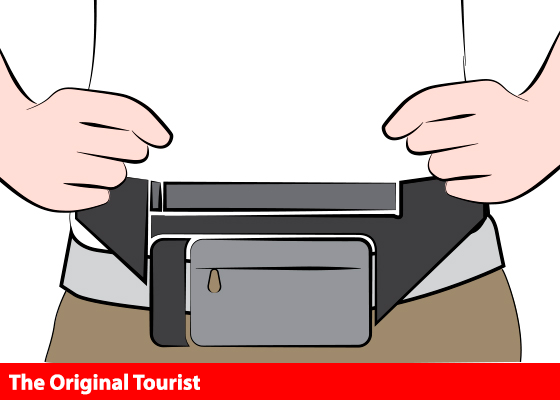
6. IF YOU’VE GOT IT, DON’T FLAUNT IT
This is a MUST-DO. NOT OPTIONAL. COMPULSORY. MANDATORY. Promise us you’ll follow this, always. When you withdraw foreign cash anywhere, never have your big bills in plain sight. If you are buying something and a sales person sees you have a lot of money they might up the price, or people around could see and you could become a target to be stolen from. Separate the big notes from the small notes; you don’t want to pull out a $100 bill for a $2 can of Coke if you don’t need to. When buying your foreign exchange before you depart using dynamic currency conversion, ask the Travel Money NZ experts to provide you with a few smaller notes

These are just 6 ways you can carry your currency abroad – there are a million other creative ways that could work for your next trip including some very quirky things like carrying cash in your shoes. Interesting! We want to ensure you at least know some of the basic ideas when you withdraw cash with local exchange rates using debit cards, and from there figure out what best works for your style of travelling and the destinations your visiting.
It goes without saying, but if you can’t afford travel insurance, you can’t afford to travel. Travel insurance is critical to have, and can be your lifeline should any of your valuables be taken from you while abroad.
When it’s time to get your foreign exchange ready for your next trip with our competitive exchange rates, make sure you visit Travel Money NZ. You can order online 24/7, or you can visit Travel Money in 20+ stores across New Zealand.
This post was originally created by Travel Money NZ, the FXperts. This blog is provided for information only and does not take into consideration your objectives, financial situation or needs. You should consider whether the information and suggestions contained in any blog entry are appropriate for you, having regard to your own objectives, financial situation and needs. While we take reasonable care in providing the blog, we give no warranties or representations that it is complete or accurate, or is appropriate for you. We are not liable for any loss caused, whether due to negligence or otherwise, arising from use of, or reliance on, the information and/or suggestions contained in this blog.
...loading

